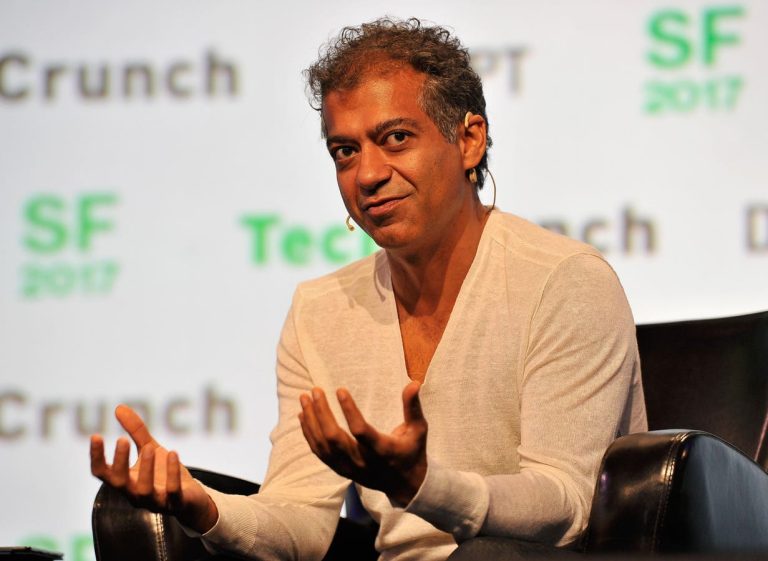Rarely can a three-hour podcast hold my attention. But Chris Williamson’s conversation with Naval Ravikant did, in part because of the mic-dropping moment nestled near the end:
“The currency of life isn’t money. It’s not even time. It’s attention.”
I’m not sure there is a modern wisdom saying that better encapsulates the battle we all face in the frenetic information age in which we find ourselves.
Why “Currency of Life” Isn’t Money or Time
“Money is important,” Naval explains, “and let’s you trade certain things for time, but it doesn’t really buy you time.”
He invites us to ask Warren Buffett or Michael Bloomberg if they can buy more time. (I’ll be sure to send them a note.) And while access to good medical care is certainly a financial hurdle for many, the point is well taken: Even the richest person on their deathbed can’t buy themselves another day of life.
“Time itself doesn’t even mean that much,” Ravikant continues, “because the time can be wasted because you’re not really present for it. You’re not really paying attention.”
And that’s where the killer question hits us right in the gut:
How are we spending our attention? How are you?
A Real-Time Reminder
I need look no further than yesterday to recall a moment where I found myself checking X and LinkedIn—while in the presence of my 19-month-old daughter, who resorted to irresistible adorableness to reclaim my attention. “Hug?” she asked, reaching her little arms in my direction. “Kiff?” (Her vernacular for kiss.)
She offered instantaneous forgiveness, while I lamented the fact that I’d have to make this confession public, because the example is all too perfect for the point I’m making now:
Unlike money, our time is a true zero-sum game. We can make more money in a myriad of ways, but each minute expires at the end of 60 seconds, regardless of the health of our cash flow or net worth statements.
Busyness as a Badge: An Attention Trap
How much of this most precious of currencies do we fritter away every day? Even those among us who may be inclined to wear our busyness as a badge of business honor. Perhaps especially us? Do the accolades, likes, and shares compensate for the misallocation of our attention?
If you’re interested to see how 12 legit thought leaders identified how they know when they’re too busy–and how they unbusy themselves–click HERE.
Don’t get me wrong—I’m not telling you how to spend your attention. Sure, things like social media and video games might be easy targets for examples of misallocated musing, but the potentially life-changing insight illuminated here was first shared on social media, for goodness’ sake. Furthermore, for more than a decade, my 19-year-old son has been able to spend quality hours of kinship with his cousin—700 miles away—every week, thanks to the advent of collaborative video games.
The lesson isn’t to eliminate, but to direct: choose the apps, the times, even the posts that reinforce your attention, not fracture it.
Ravikant addresses another low-hanging fruit for judgementalism, the negative news. We can spend our attention on the news, Ravikant concedes. “And if you want to, that’s fine. There’s no right or wrong here.”
It’s more about what you do with the attention we dedicate that makes the difference. “Maybe you need to pick something in the news, learn about that problem, adopt that problem, and solve it,” for example. “But be careful,” he concludes, “because your attention is the only thing you have.”
This Is Not a Hustle Manifesto
Lastly, I want to conclude with what this attention acknowledgment is not: It’s not a rallying cry for glorifying the grind or a time-driven demand to maximize every moment with (apparent) productivity. Ravikant bursts a lot of hustle-culture bubbles when he says, “Hard work is really overrated. How hard you work matters a lot less in the modern economy.” (Heresy!?)
Elsewhere, he concludes that discipline is a poor substitute for genuine passion: “Discipline is just you fighting with yourself to do something you don’t want to do. So, I would say it’s more important to find something that you want to do.”
3 Questions to Reclaim Your Attention (and Your Life)
So, perhaps this is the conclusion, in the form of three questions:
- How—and on what—are you spending your attention?
- Is that how you truly want to spend it?
- If not, what’s one shift that could better align your attention with your aspirations?
Read the full article here








